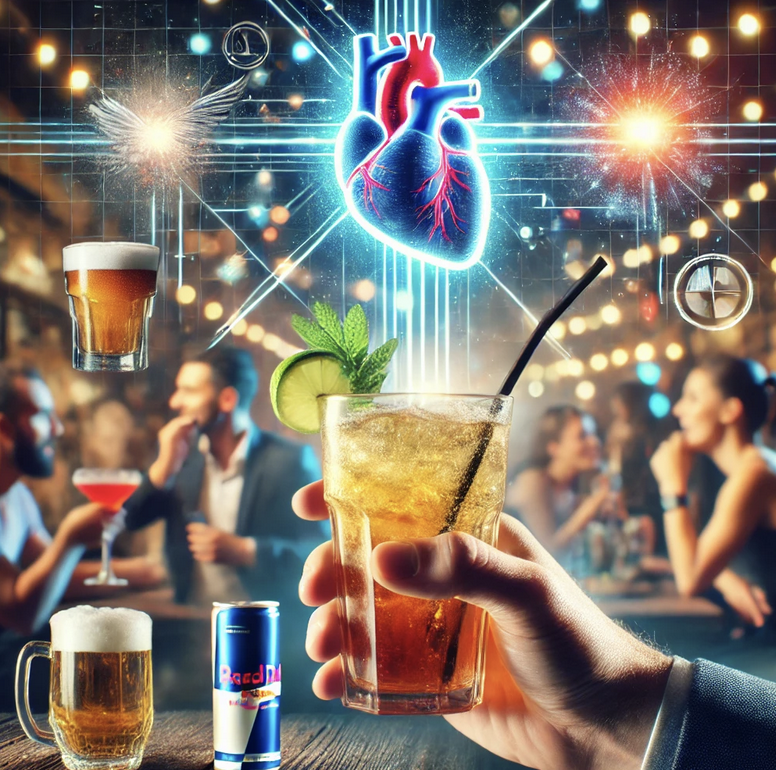A Comparison of the Combined-Use of Alcohol & Energy Drinks to Alcohol-Only on High-Risk Drinking and Driving Behaviors
Energy Drinks
Since the introduction of the first energy drinks, their marketing and sale has grown exponentially. In 2006 alone, more than 500 new energy drinks were introduced to the market resulting in billions of dollars in profit. Energy drink manufacturers share similar marketing techniques with the alcohol industry, largely aiming to advertise to young adults between 18 and 24. The sizes of energy drink containers range from 2-20 oz containers; many of the 2 oz energy drink shots are concentrated with stimulants and some are actually stronger than their larger counterparts. It is not uncommon to see a variety of herbal ingredients on labels, including: ginseng, ginko biloba, yohimbine, evodamine, yerba mate, milk thistle, taurine, and guarna. Ginseng, yohimbine HCL, and evodamine have been found to cause enhanced synergistic effects with caffeine, and pose a risk for “serious prescription drug interactions and neurological effects.”
Caffeine is the most well-known and heavily researched stimulant in energy drinks, coming in concentrations of 75-16,000mg depending on the brand. Withdrawal symptoms for caffeine begin to appear anywhere from 12-24 hours after last use; drowsiness, insomnia, pain in the stomach, upper body, and joints are commonly reported.
Energy Drinks and Alcohol: DUI?
Mixing alcohol with caffeine does not offset any sedative or depressive effects from alcohol intoxication. Energy drinks mixed with alcohol actually increases the motivation to continue drinking, reduces the perception of impairment, and tends to make the drinker believe they are less intoxicated than they really are.
In an article by Conrad Woolsey and colleagues published in Substance Use and Misuse, researchers investigated drinking and driving behaviors paired with energy drink consumption, and whether or not they had any effect on the individual’s decision to drink and drive. Researchers found that 44% of the alcohol only individuals reported DUI, compared to 57% in the combined alcohol and energy drinkers. It was also found that 53% of combined drinkers admitted to driving over the legal limit compared to 38% of alcohol-only drinkers. When asked to answer whether or not they have taken foolish risks while under the influence of alcohol, 44% of alcohol only users and 69% of combined users said yes. Researchers concluded that “the mix of behavioral impairment with reduced fatigue and enhanced stimulation may lead AmED ‘(Alcohol mixed with Energy Drinks)’ consumers to erroneously perceive themselves better able to function than is actually the case”, thus increased risk of DUI.
If you have been charged with a DUI related offense , an experienced criminal defense attorney is imperative. Kenneth Padowitz, P.A. aggressively handles all State and Federal criminal charges. Contact our law firm to discuss your situation. Our Fort Lauderdale DUI defense attorney will strategically develop a criminal defense designed personally for you and your situation.








